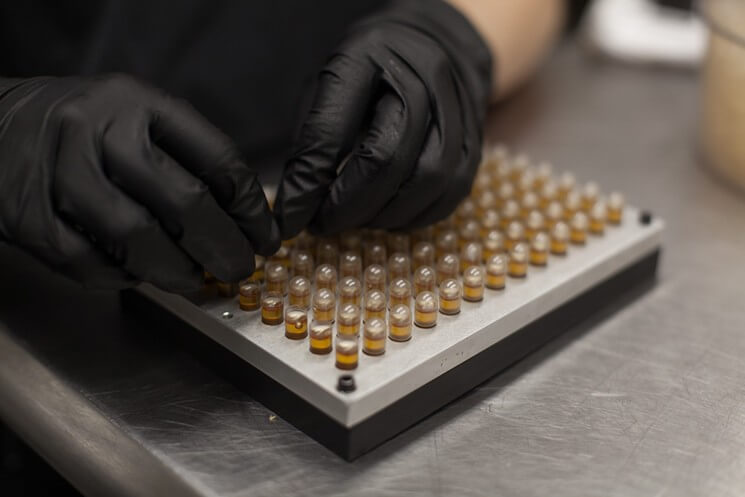
Westword, January 31, 2020
If any sector has jumped on the CBD train, it’s the wellness community.
CBD skin-care products, pills made for pain and soreness, and oils for anxiety are all readily available, and virtually always in the name of wellness.
Although the Food and Drug Administration still doesn’t want CBD considered an official medication, many users buy and use the hemp extract as part of their own health-care routines. Now, personal trainers, chiropractors and even tai chi instructors are starting to incorporate CBD gel capsules and edible oils into their programs, according to Sue Kartheiser. A personal trainer for nearly two decades, Kartheiser leads a program with Boulder-based Mandara in hopes of teaching other wellness coaches about CBD’s impact on health-focused lifestyles.
Westword: When did your clients start asking about CBD?
Sue Kartheiser: I started asking more questions, actually. I moved here from Chicago in 2018, and when I got to Fort Collins, everybody in the wellness community and even people outside of it were talking about CBD. I really didn’t know a lot about it, but if I was going to keep working in this area, I had to know more about it. So I educated myself and even started taking it, and noticed the difference. Most of my clients are still based in Chicago, so I’ve been teaching them about it ever since.
What sort of wellness practices do you see this melding with?
For our wellness coach area, we see it work well with massage therapists, personal trainers, nutritional counselors, chiropractic care, yoga instructors, acupuncturists — we even have a tai chi professional — but, really, anyone who works in the wellness arena or wants others to perform at their best.
CBD has been quickly embraced by the wellness industry for everything from skin care to mental health. Can you remember any other supplement or practice in the wellness arena that has risen in popularity like this?
When you’re in the wellness space, you kind of have to research this stuff for yourself, because there are always fads. There was the gluten-free thing, now there’s the keto diet. People got into CrossFit. For a while, it was step [aerobics], and then running. There are always trends, and I try not to jump on a trend just because of the trend. I like to try things myself and do more research. But I don’t know of any one particular thing like [CBD] that is grown in nature and received by our body. We make our own cannabinoids, and this is just a plant that supplements it — I don’t know of another parallel to that.
Are there any commonalities with regard to when/how much CBD people should take for common ailments like joint pain, inflammation or anxiety?
The FDA hasn’t put out anything like that, and I can’t share my clients’ trends, unfortunately, because I don’t think they necessarily represent the whole population. But I do think starting low and slow is a good way to approach it, and I’m seeing some pharmacies on the East Coast campaign the same. Everyone’s on different medications, eating different diets and has different sleeping patterns, so there’s nothing solid in print like that yet that we’ve found.
Companies have to be careful about claims on CBD product labels, but what about when you’re coaching clients?
That’s always a concern. What I do is try to find out what is going on in your life and wellness areas. Certain areas like sleep, anxiety, pain, muscle soreness, and things people typically use CBD for. Then we’d use a wellness tracker, have you note how it’s serving you and see what we’d find out, and if CBD is serving you. There’s never a clear-cut answer, so looking at it over time helps.
What’s the difference between broad- and full-spectrum CBD from hemp? We see both listed on various CBD products as ingredients.
Broad-spectrum has zero THC. During the extraction process, all the THC is taken out. The full-spectrum extraction has the legal amount of THC allowed, which is 0.3 percent or less. So we can use that one to activate our endocannabinoid systems, and then take the broad-spectrum for more CBD, maybe. A lot of people worry about the full-spectrum and passing drug tests, and there’s really no way to process [it that] there’s not a small percentage being picked up, even if you’re not using a THC product. So that can be a guideline between the two, but if that’s the case, maybe you shouldn’t be taking any CBD. Or if you have a product with THC in it, then maybe just go with broad-spectrum, because you’re already getting THC in your body.
